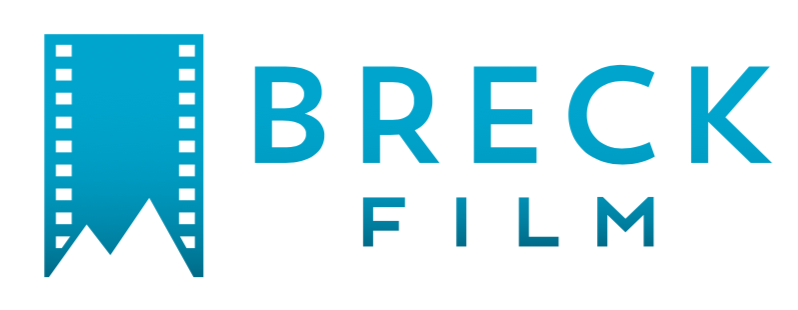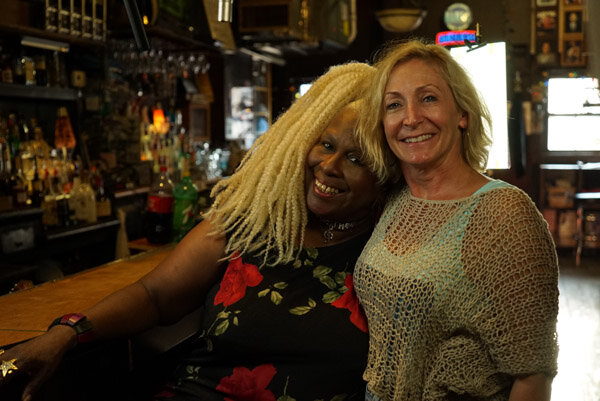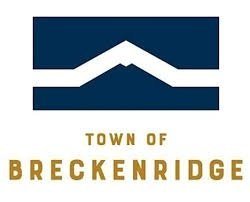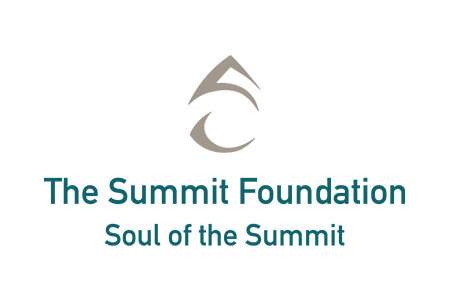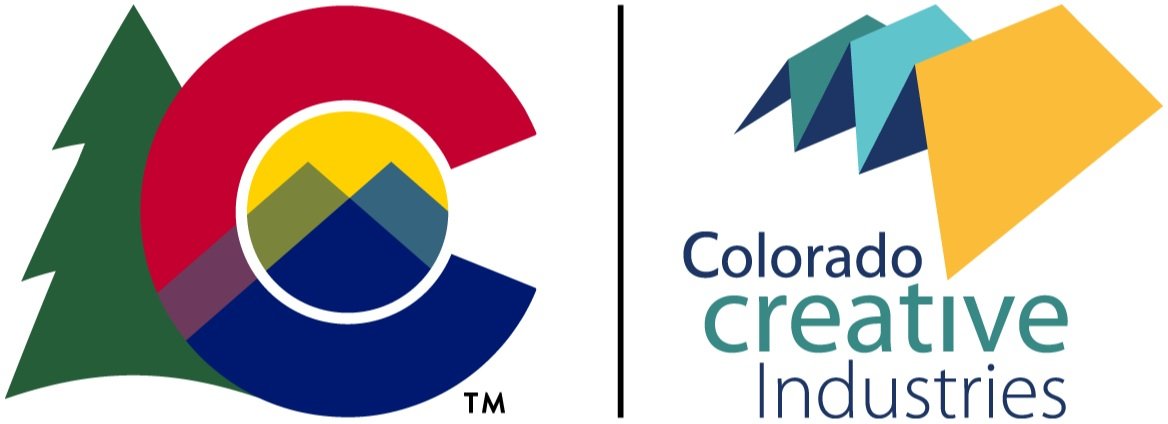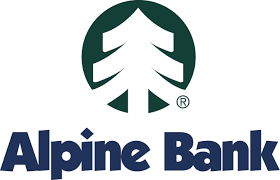FILMMAKER OF THE MONTH • DECEMBER 2019 • LISA EISMEN
/Lisa Eismen
December 2019 Filmmaker of the Month
Professional Bio:
Lisa Eismen is the director of unmefilms, a small production company based in Sydney, Australia. Lisa has been in the film industry for 9 years. During that time, she has written, produced and directed short films, music videos and documentaries. She started out in the theatre world and has won multiple awards for her writing and directorial skills. While she’s handy on set and overseeing productions, her true knack and luster lies in her ability to finesse a great story. Her latest documentary, Shake Sister Shake has been in 12 festivals in 2018. She is currently negotiated a distribution deal with Circus Road Films. She is in development stage on her latest documentary, “Remote Nurses.” Because she has recently been awarded private funding on Remote Nurses, she will start production in 2020. Lisa has also been working on the screenplay, “The Incredible Lily Williams,” and will start working on development funding for the narrative feature in 2020. Lisa is also a musician, radio presenter, mother, wife and is an avid environmentalist doing what she can to live carbon neutral. She also finds it extremely uncomfortable to talk about herself in the third person.
Filmmaker Interview with Lisa Eismen
1. Tell us your backstory. How and why did you get into filmmaking?
I started out writing. I’ve always written. As a young girl, I would fantasize and make up stories and songs. I was a bit of a dreamer. If I didn’t like what was going on in my world, I would make up a better one in a story. I got through high school with the help of my friends and the love of literature. At college, I started to dabble in playwriting and ended up with a degree in journalism with a minor in advertising and playwriting. I’ve had several tragedies in my life and have had to deal with sudden and heartbreaking losses. The constants in my life – my family and friends, got me through some awful times – that, and writing in my journal.
I went traveling overseas on my own after a few years working after college and found the love of my life (still with him today) and we moved to LA after traveling. In LA, I really started writing a lot: short stories and plays. I dabbled in script writing (as you do when you’re in LA) and wrote some really bad scripts. It was the plays that I was writing that got some attention.
From there, we moved to Sydney, Australia (where we still live) and I joined a writer’s group and would write while my babies were napping. I wrote 2 novels in that time. Then I got involved in Short and Sweet and had some plays that got accepted into the festival, but I couldn’t find a director. It was when a close friend of mine said to me, “why don’t you direct it?” and it was like a light went off. Yeah, I thought, why don’t I direct it?
From there, I started directing and won some awards for my direction and writing and so I went to film school. Since then, I’ve written and directed short films, music videos and documentaries. I still have yet to write and direct a feature narrative. I’m working on that and will make it happen.
2. What are the specific qualities that, in your opinion, make a film great?
Without a doubt, you HAVE to have a good story. GREAT actors, interesting set design and the director has to set forth a specific style and attention to detail. You have to have good lighting, a good cinematographer and of course, none of this matters if you don’t have a good editor. It’s such a collaborative entity. You can still make a good film without one or two of above mentioned, but you cannot make a GREAT film without all of the pieces fitting together nicely. Oh, yeah, I forgot the producer. You have to have a great producer. You have to get funding.
3. What films have been the most inspiring or influential to you and why?
I’ll never forgot watching CLOCKWORK ORANGE in college. It’s a film that you’re never going to forget. I still watch the opening scene in the milkshake shop. That slow track revealing the underworld of misshapen youth expresses such a sense of impending tragedy. Stanley Kubrick was a master of film and technique.
THE ICE STORM directed by Ang Lee is another one of my favourite films. The stillness within the film is like the negative space in a photograph; it can sometimes be more interested to look at and you can learn more from it. With Ang Lee, it’s all about what isn’t said. The dialogue in this film is masterful and the delivery, from all of the actors – especially Sigourney Weaver, Christina Ricci, Elijah Wood and Tobey Maguire deserve special mention in their ability to show – not tell.
4. What’s harder? Getting started or being able to keep going? And what drives you to continue making films?
Hands down getting started because you know the long laborious road ahead of you. Once you’re in it, you’re in it and you don’t walk away.
My drive is that I cannot NOT make films. I’m always scratching out ideas, treatments, watching, listening, reading about events that can trigger the next spark. Let’s face it; it’s an exciting art form. And when you make a good film once, the next one is only going to be better!
5. How do you know when your story’s finished, when to walk away?
When you collapse or when you cannot look at it one more time. You know when it’s done. Filmmakers have an extremely strong sense of intuition.
6. How many films have you completed? What is your favorite project you have worked on and why?
I have completed 6 short films, 3 music videos and 2 documentaries to date. My favourite project was and still is SHAKE SISTER SHAKE because of the people I met and it was my first feature length film. It’s my launching pad for my next documentary and it was so fun and exciting to make. I put a lot of my own money into it and I won’t be doing that again. I learned so much from making this film and that knowledge is undeniably worth every cent I sunk into it.
7. Where do you get your inspiration from?
I listen to people when they talk. I really like people and I love hearing their stories. SHAKE SISTER SHAKE came from my sheer love of the blues.
8. What is your favorite aspect of film production?
That feeling when you know you’re on to something good. It’s like when you write a good play or story, you can re-read it and love what it says. So, it’s a feeling you a get that is tantamount to an urge, you cannot stop, you just know the story has to be told. And, working with other people. It’s quite a joy to be in a new city filming new people and you’re with your trusty cinematographer. You’re sharing these moments that will never be repeated in any other place or any other way. They are organic and wonderful moments in time together.
9. Why did you choose to submit to the Breckenridge Film Festival? What do you look for in a festival where you hope to show your film?
Well, Breckenridge is beautiful. It’s a cool artsy community and the festival has a reputation for being one of the coolest film festivals in the US. I also have a nephew that lives there and some very dear friends.
When you submit to a festival and it’s accepted you’ve just been let in to an intimate club. It’s like that. Filmmakers that go to the festivals, go to meet other like-minded people and have adventures. We’re adventurers at heart. We’re not afraid to go up and meet people. You never know who you’re going to meet right? You could be meeting the next best person to collaborate with.
10. You are a collaborator. Did you make any connections at the Breckenridge Film Festival that have led to collaborations with other filmmakers?
I did make connections and I’m still in contact with them. I did not, however, meet anyone that I’m currently collaborating with.
11. Can you describe the business behind independent filmmaking and how you are trying to get your film seen?
Distribution is the best way to get your film out there. Without a distribution deal, it’s something you have to do on your own. It’s just as much work getting your film seen as it is making it. There are other ways to get your film out there, by VOD platforms and networks, but if you can find someone to distribute your film for you and do all the legwork, it’s really the best way to go.
12. What are the hurdles you have had to overcome in order to recoup the costs of producing the film? (If you feel comfortable discussing exact financials, you are welcome to do so.)
The BIGGEST hurdle by far was getting the rights for the music I used. It was and is still the most expensive part of this film. It’s the reason why I cannot find distribution. I’ve had over 6 offers but no distributor will chuck in the $65,000.00 it will cost to get the rights to show my film on media platforms. So it’s pretty disappointing but I cannot put any more money into the film.
13. What are the next project or projects you are beginning work on?
I am going to start my next documentary called REMOTE NURSES about the nurses that work remotely in Australia and work closely with Aboriginal communities. I’ll be starting this film in 2020. I’m development stage currently. I have already received some grant money through the nurse and midwifery association in Australia, which is a great start! And I’ve finished my first draft of a narrative called, THE INCREDIBLE LILY WILLIAMS. I’ll finish off the second draft by the end of the year and then embark on finding funding to make it in 2021.
14. If there is one or more thing you think would make the film industry better, what would it be?
More opportunities for women filmmakers and access to more funding for films.
Find more information about “Shake Sister Shake” on www.shakesistershakefilm.com
or you can follow them on facebook at: www.facebook.com/womeninbluesfilm.com
#womeninfilm
#womeninblues
#filmfatales
#remotenurses
#lisaeismen
#unmefilms
#shakesistershake
Thank you for reading
(#^_^)/
